Description
Top-shelf, greenhouse, organic hemp CBD flower, sun-grown, hand-picked, naturally dried, slowly cured, hand-trimmed and hand-packaged.
Farmed with love, under the Greek sun.
Natural Aromatherapy Blend.
No chemicals, additives, or synthetic aromas.
Scan the QR Code on packaging and enjoy an exclusive Spotify playlist by our brand Ambassador BLEND MISHKIN.
Cannabinoid Profile:
CBD 18% | CBG 0.4% | CBC 0.14% | CBDV 0.07% | THC < 0.2%
Taste: Sweet, fruity, spicy
Smell: Fruity, Earthy, Woodsy
Effect: Focus, Concentration, Calm
Terpene Profile & Properties:
TOTAL: 4,608
beta-Caryophyllene 1,078 | Terpinolene 0,683 | alpha-Pinene 0,414 | alpha-Humulene 0,330 | beta-Myrcene 0,308 | Limonene 0,260 | trans-Ocimene 0,256 | beta-Pinene 0,244 | Linalool 0,169 | cis-Nerolidol 0,169 | Fenchol 0,108 | alpha-Bisabolol 0,103 | Geranyl acetate 0,078 | alpha-Terpinene 0,073 | gamma-Terpinene 0,068 | Isoborneol 0,061 | trans-Nerolidol 0,058 | Cedrol 0,034 | delta-3-Carene 0,026 | Fenchone 0,021 | Camphene 0,020 | Eucalyptol 0,015 | para-Cymene 0,011
Beta-caryophyllene has potent anti-inflammatory, antimicrobial, antibacterial, and antioxidant properties. It is known to help relieve anxiety and pain, reduce cholesterol, prevent Osteoporosis, and treat seizures. Also, some research has shown that it may help against certain neurodegenerative diseases and cancer. The sharp aroma is peppery, spicy, and woodsy.
Terpinolene is popular in the scientific community for its antioxidant, antibacterial, and antimicrobial properties in addition to the growing evidence for potential use in fighting cancer, treating anxiety, and improving cholesterol levels. Terpinolene also has notable sedative and sleep aid qualities.
Pinene usually produces lightly energizing effects with a sense of calm rather than anxious jitters. Pinene is also thought to enhanced alertness, which explains why a hike through the forest can leave you feeling recharged and centered. It has even been reported to increase creativity for some. Medicinal benefits of Pinene include improved airflow and bronchodilation (making it very useful for asthma and other respiratory conditions), anti-inflammatory action, and improved memory retention. Reports suggest that Pinene may be effective for reducing THC-induced memory loss, so consuming Pinene along with THC can be useful for combating unwanted brain fog. The scent is very refreshing, earthy, and woodsy.
alpha-Humulene is particularly valued as an anti-inflammatory and antibacterial agent, in addition to showing promise as a tumor-fighting medicine. A unique benefit of Humulene may be its effectiveness as an appetite suppressant, making it useful for combating the infamous “munchies” associated with cannabis use. Anecdotal evidence suggests it could offer relief from insomnia, depression, anxiety and digestive disorders. The scent is earthy, musky, and slightly spicy.
β-myrcene—anxiolytic, antioxidant, anti-ageing, anti-inflammatory, analgesic, sedative, antidiabetic, antioxidant, anti-inflammatory, antibacterial properties, and anticancer effects.
Limonene typically produces mood-elevating effects, promoting stress-relief and a feeling of enhanced focus. Medicinal benefits of Limonene include gastroprotective action such as reducing heartburn, ulcers, and gallstones, as well as anti-fungal properties and useful anti-depressant effects. The scent is strongly citrusy, sweet-tart, and fresh.
trans-beta-ocimene is a monoterpene known for its woody and herbaceous aroma characteristics along with a sweet, floral and green flavor profile. It may also offer a wide array of medicinal properties as well as uplifting effects. The therapeutic properties of this terpene include its anticonvulsant, anti-viral, antifungal, and antioxidant abilities.
Beta-pinene (β-pinene) is one of the two isomers of pinene, along with its sibling alpha-pinene (α-pinene). β-pinene is most known for it’s a woody and piney smell. It is one of the main compounds released by forest trees. Both α-pinene and β-pinene are perhaps most noted in the scientific community for their ability to increase mental alertness, clarity, and overall cognitive functions. They also have been researched for their significant applications in bronchodilation, pain relief, epilepsy and cancer treatment, and neuroprotection. The pinenes are also widely recognized as an anti-inflammatory, antidepressant, (targeted at treating conditions such as arthritis and fibromyalgia), antiseptic, and antioxidant.
Linalool has long been valued for its relaxing and calming effects, and cannabis strains with high Linalool percentages typically produce relaxed body-high experiences. Apart from its usefulness for relaxation and sleep, Linalool’s medicinal benefits include immune system support, anti-convulsion properties, and anti-microbial action. The aroma is floral and sweet with subtle hints of citrus.
Existing data suggests that pinene and linalool are relevant candidates for further investigation as novel medicines for illnesses, including stroke, ischemia, inflammatory and neuropathic pain (including migraine), cognitive impairment (relevant to Alzheimer’s disease and ageing), insomnia, anxiety, stress and depression. Linalool is also anticonvulsant and muscle relaxant.
Nerolidol is a less volatile terpene known for its sedative properties, making nerolidol a promising anti-anxiety compound. Studies have shown Nerolidol has anti-cancer, antiparasitic, anti-fungal, anti-bacterial, and anti-inflammatory characteristics, as well as, anxiolytic, and antioxidant properties. Studies have revealed Nerolidol’s multiple efficacies with bacterial infections, cancer, skin lesions, ulcers, and diseases concerning systemic inflammation (such as asthma, arthritis, and fibromyalgia). The aroma is floral, with notes of citrus fruit and tree bark.
Fenchol has many known medicinal properties, most notably antibacterial, antimicrobial, and antioxidant effects. Fenchol is biosynthesized from geranyl pyrophosphate, which along with olivetolic acid, can combine to form CBGA, the starting point of cannabinoids CBG, CBD, CBC, and THC.
Bisabolol is known for its calming and relaxing effects and is commonly used for its powerful soothing and relaxing properties. Alpha-Bisabolol is known to broaden the therapeutic effects of CBD with its soothing properties. CBD with the presence of Alpha-Bisabolol has the ability to help settle stomachs and alleviate heartburn and nausea. Not only does it have a delightfully woody and floral aroma, the anti-inflammatory Alpha-Bisabolol can potentially treat a variety of skin conditions and is often found in topical use CBD products.
Geranyl, also known as geranyl acetate, is a terpene found in cannabis that emits a pleasantly fruity, floral scent. Studies indicate that geranyl boasts a number of therapeutic properties, such as antimicrobial action. Emerging evidence suggests that it may exhibit anti-inflammatory properties. A 2018 study demonstrated the antitumor effects of geranyl and geraniol, a similar terpene, on colon cancer cells. The two terpenes attacked cancer cells and induced cancer cell death using a range of mechanisms. When delivered in high doses, geranyl appears to also relieve pain in animal models, suggesting that it possesses analgesic properties. Several studies have found that essential oil containing geranyl as a major constituent was successful in treating diverse types of yeast, bacteria, and fungal infections. Geranyl also appears to work synergistically when teamed with other antifungal medication, helping to stave off infection.
Known for its smoky, woody scent, α-terpinene is possesses strong antioxidant properties. α-terpinene has also been researched as a potential cancer treatment. A study conducted by the Tropical Journal of Pharmaceutical Research found α-terpinene contributed to the inhibition of breast cancer cell growth.
Gamma-terpinene has strong antioxidant activity and has been studied for its anti-inflammatory benefits. Herbaceous – Citrusy.
Isoborneol is an isometric form of borneol, a terpene found in cannabis, as well as citrus peel oils, nutmeg, ginger, and thyme. There is evidence that isoborneol, when in concert with other essential oils, can offer relief from minor pains and aches, treat hemorrhoids, and even have anticoagulant effects that could be beneficial for cardiovascular patients.In fact, in one study from 2008, it was found to be effective against thrombosis due to anticoagulant effects.It may also help with sleep, as a study on mice suggested it can have sedative effects when inhaled.
Trans-nerolidol has been extensively studied for a variety of therapeutic uses, particularly for its anti-parasitic, antifungal and anti-bacterial properties. These findings are consistent with the traditional use of orange oil as a natural disinfectant. Research has shown that trans-nerolidol can reduce Leishmaniasis infection by 95%. Likewise, research has found that it significantly inhibits the growth of four species of Babesia parasites. Another study found that trans-nerolidol can effectively reduce skin lesions caused by the fungal infection Microsporum gypseum. Perhaps most remarkably, studies have shown that the introduction of trans-nerolidol actually sensitizes infectious bacteria such as Staphylococcus aureus and Escherichia coli to antibiotics. In other words, trans-nerolidol can work together with antibiotics to destroy bacterial pathogens more effectively.
Cedrol – sedative, antispasmodic and astringent properties respectively relax muscles and sooth irritated skin. Also has antiseptic, anti-fungal and anti-inflammatory qualities.
The terpene delta 3 carene combats inflammation, repairs damaged bones and promotes their growth, and is said to promote mental focus and concentration. Strains of cannabis rich in the delta 3 carene have been found to benefit those with arthritis, fibromyalgia and even Alzheimer’s disease. Beyond the repair of bones, the terpene is unique due to its power to draw out liquids (one of its chief applications within the cosmetics industry). This drying effect makes it a candidate for use as an antihistamine and in products targeting excessive menstruation or mucus production. This quality is also responsible for anecdotal reports of dry mouth (cottonmouth) and red-eye among cannabis smokers and vapers. Delta 3 Carene emits a piney- lemony aroma with hints of a sweet, woody, pungent smell.
Because of its refreshing smell, fenchone is used as an ingredient in perfume-making. Like many other terpenes, it serves as an insect repellent. One 2002 study published in Agricultural and Food Chemistry found that it exhibits moderate insect repellent abilities, approximately 30 minutes after application. It is also used in aromatherapy and as a flavoring agent. This terpene exhibits a woodsy and earthy aroma similar to camphor — characterized by a piquant smell and menthol-like, nose tingling fragrance.
Because of camphene’s known ability to potentially target skin conditions like psoriasis and eczema, it is often used in cannabis salves and topicals. Other studies promote camphene as a potential anti-fungal and antibacterial agent. A 2011 study demonstrated camphene’s potential in regulating cardiovascular health. Camphene has also shown great promise as a strong anti-inflammatory and pain reliever. Camphene is widely used in perfumes for its woody, piney scent.
Eucalyptol is known for possessing pain-relieving, anti-inflammatory, and antioxidant properties, and is an effective treatment for nonturbulent rhinosinusitis. Eucalyptol’s anti-inflammatory cytokine inhibition has been shown to control airway mucus hypersecretion and asthma. Eucalyptol has also been shown to suppress colorectal cancer cell growth in humans. Eucalyptol is utilized as an ingredient in many products you associate with minty-freshness.
p-Cymene is frequently used as a flavoring agent (beverages and confections) due to it’s sweet, citrusy taste and scent. p-Cymene is also commonly used for medicinal purposes as it has been shown to have antioxidant, anti-inflammatory, anxiolytic, anticancer and antimicrobial properties. The study “Antifungal activity of thyme essential oil against molds from damp dwellings” determined p-Cymene showed strong antifungal activity against candida. This makes p-Cymene popular in topical formulations. Another study titled “Evaluation of the anti-inflammatory and antinociceptive properties of p-cymene in mice” showed that para cymene does possess anti-inflammatory activity and inhibits nociception in mice when applied topically (1x) daily.

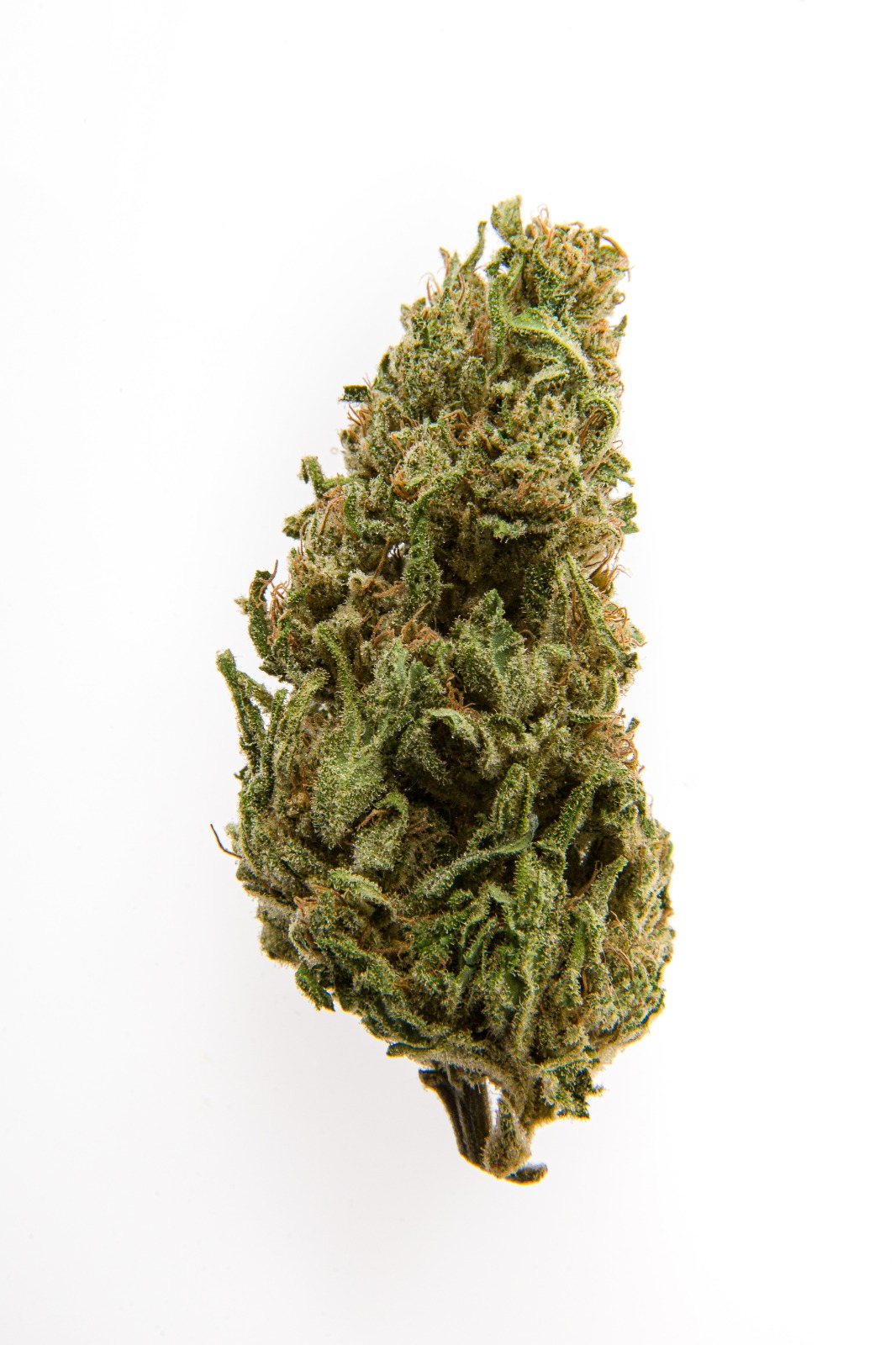
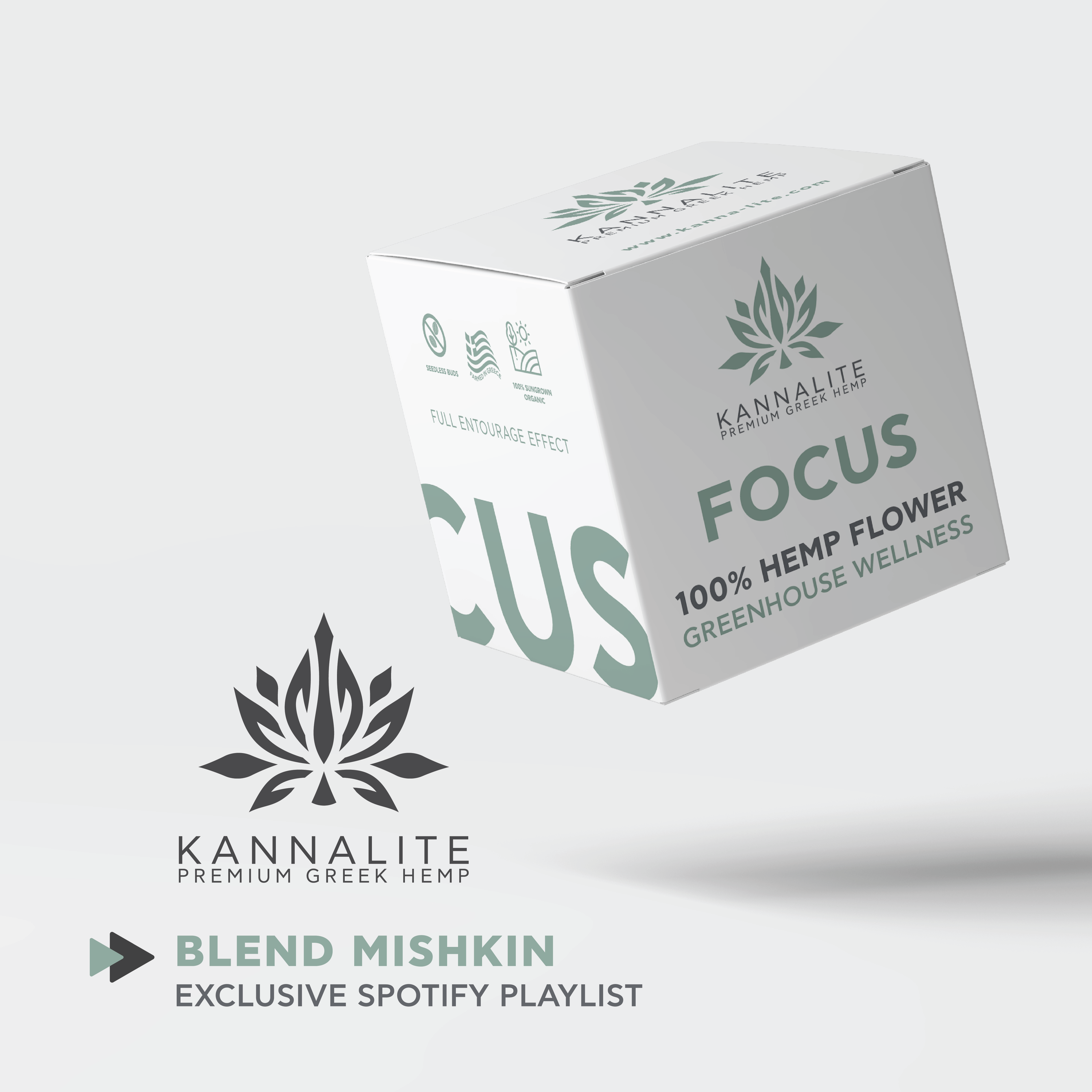
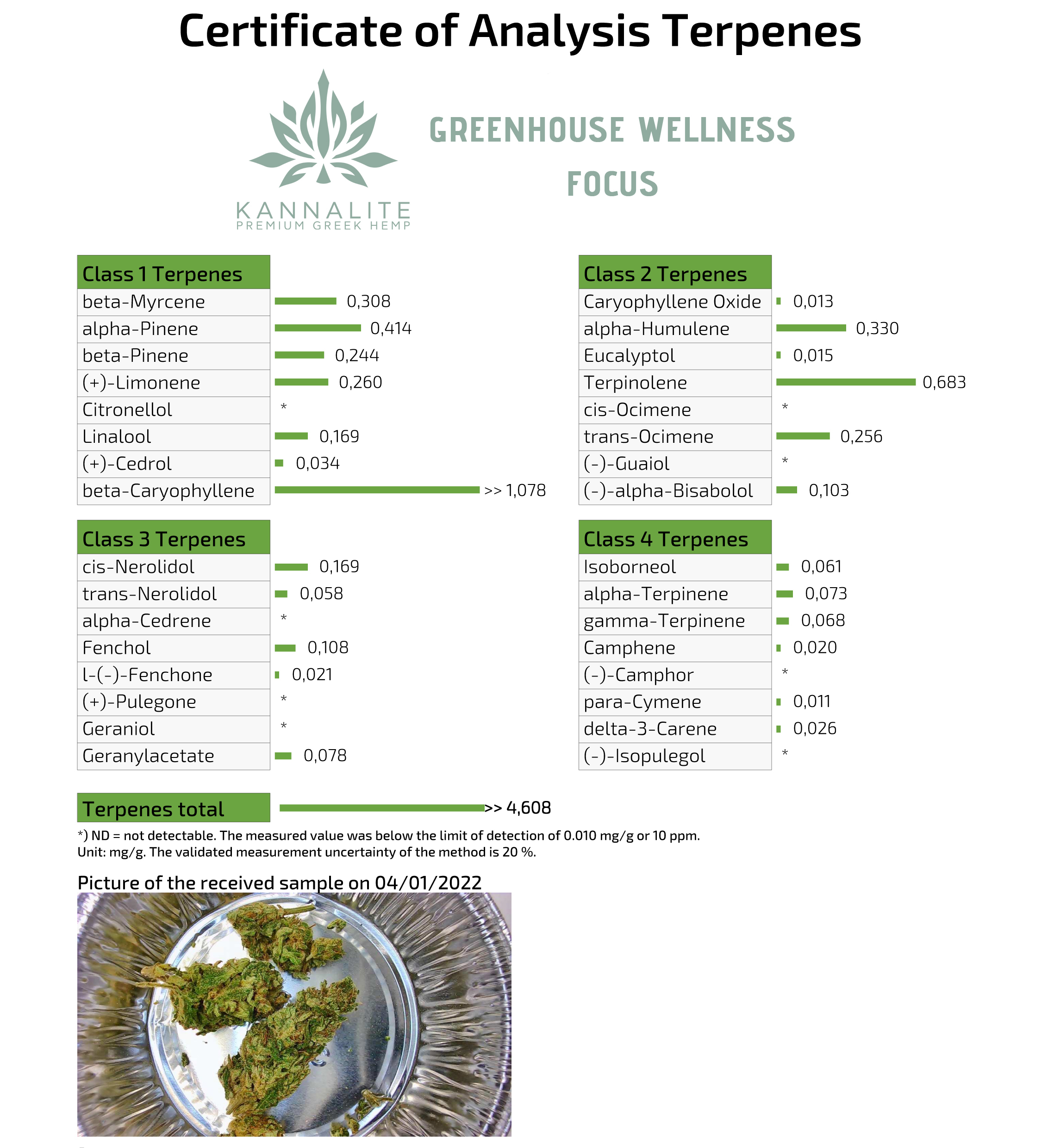
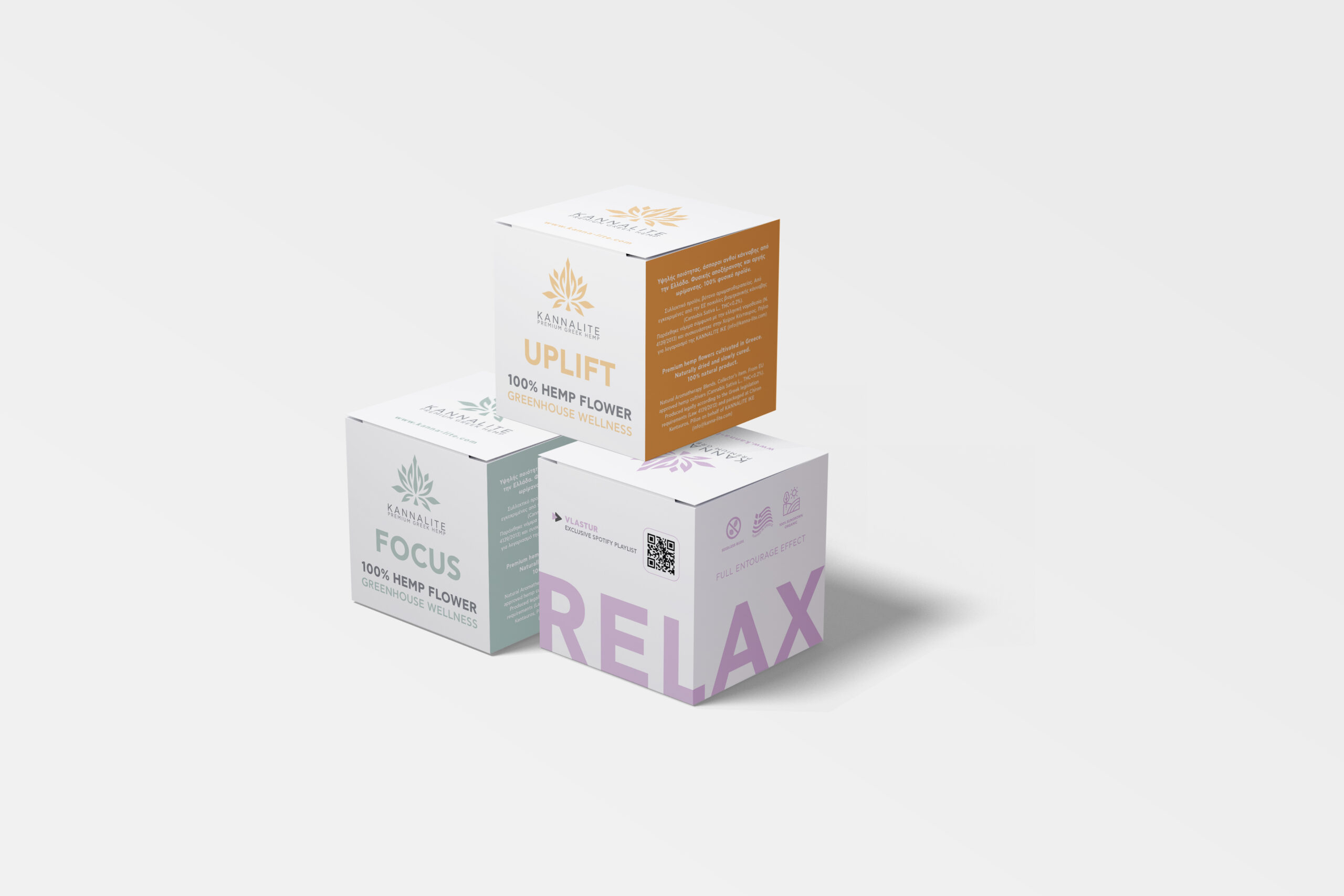
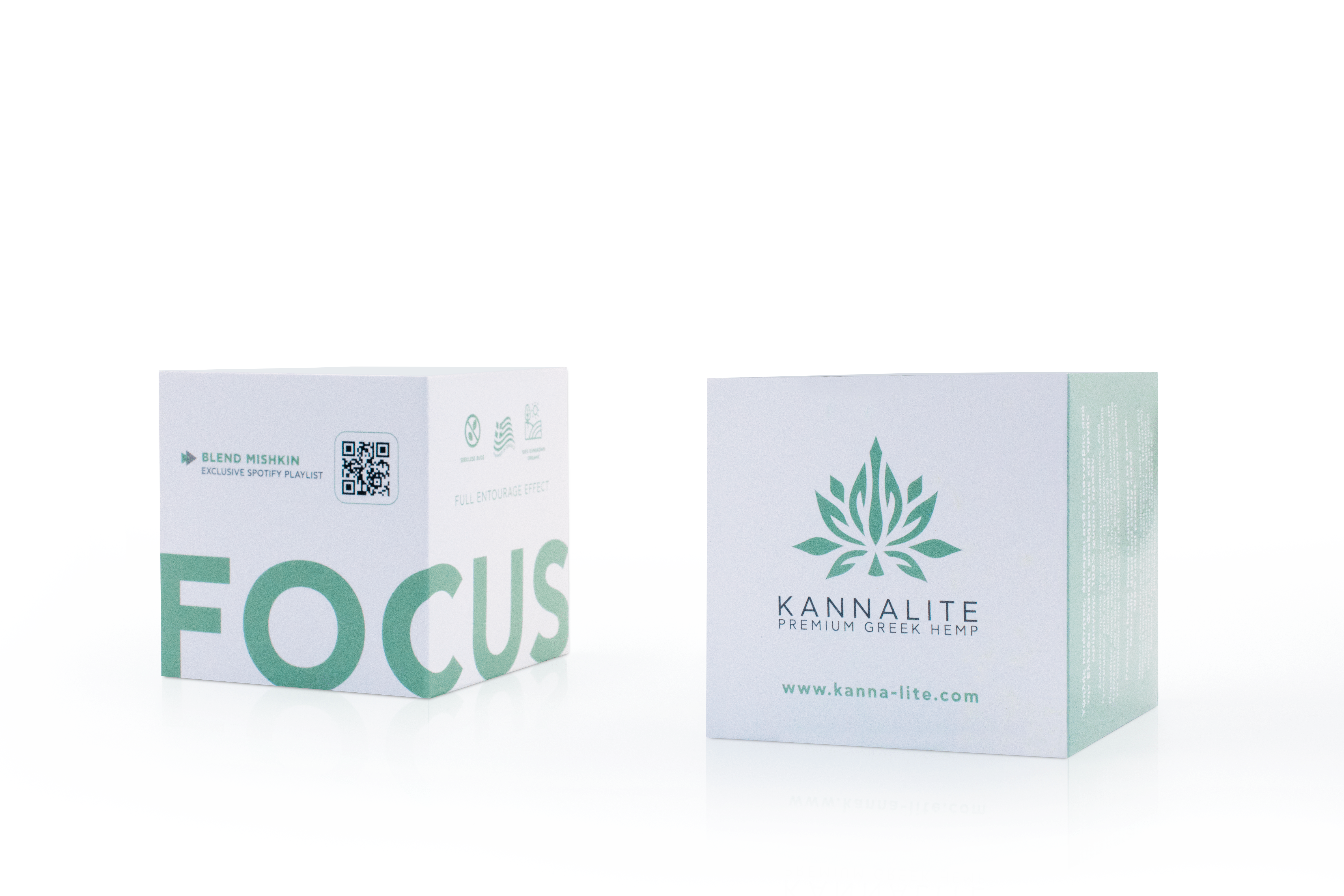
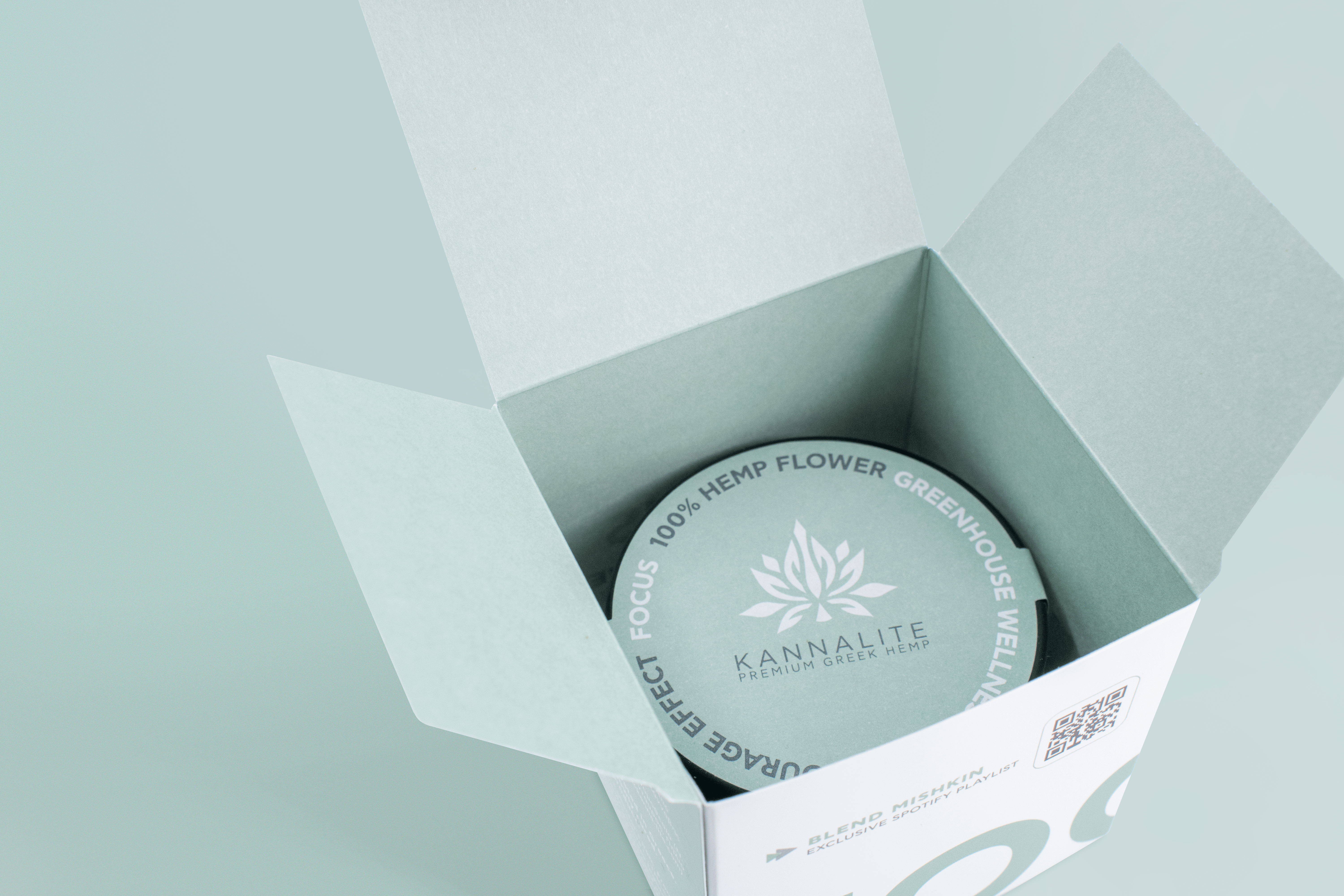

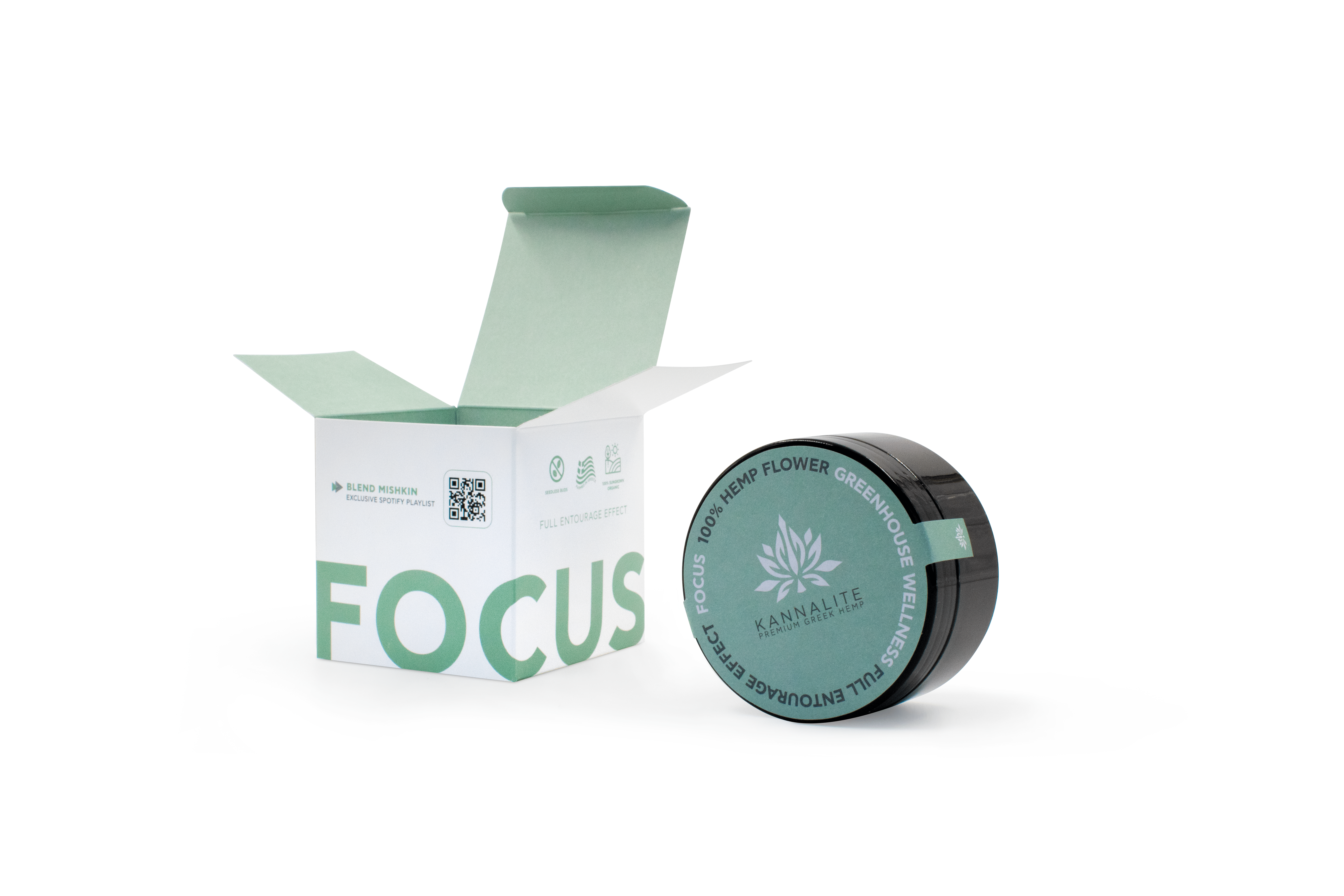
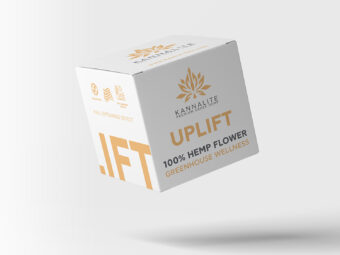
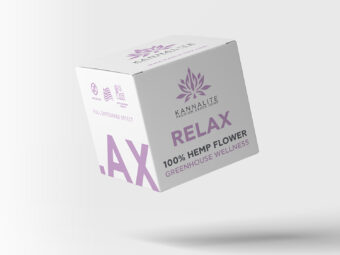
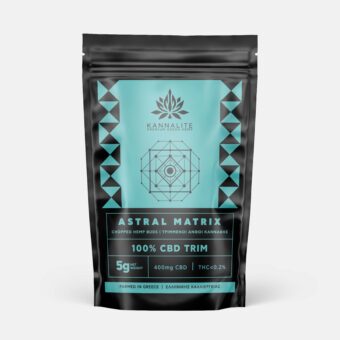
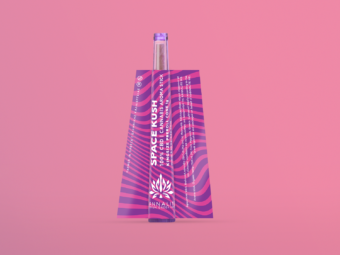
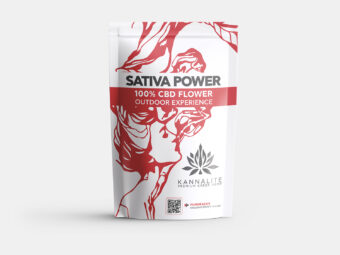

Reviews
There are no reviews yet.